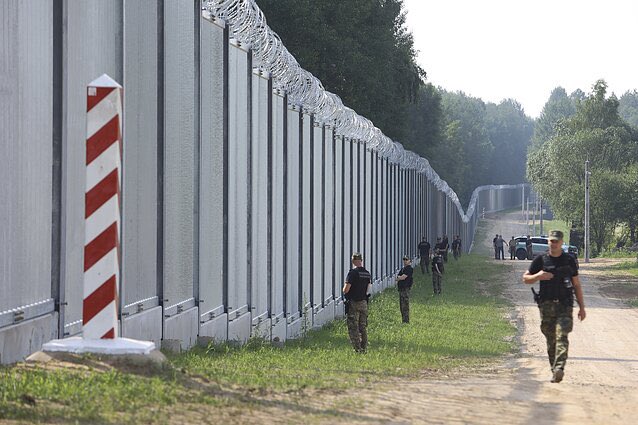Poland Tightens Visa Policies as Belarus-Backed Migration Crisis Grows
Others are reading now
In the first half of 2024, over 60,000 Russians crossed into Poland. 42,000 had visas issued by other Schengen states, and nearly 35,000 held residence permits in other EU countries.
Poland’s visa policy toward Russian citizens remains one of the strictest in Europe, the Polish Ministry of the Interior emphasized, responding to concerns about the number of Russians entering the country, Globe24 reports.
In 2023, Poland itself issued only 4,294 visas to Russian citizens, primarily for scientific, humanitarian, or cultural reasons, with only 290 for family visits.
So far in 2024, Poland has granted 1,821 visas, mostly to those with Polish heritage. The Ministry highlighted that strict border checks ensure that no one enters the EU without proper documentation.
Also read
A politically charged topic
The issue of migration, especially from Russia and Belarus, has been a politically charged topic in Poland since 2021, when illegal border crossings increased.
The crisis was seen as a “hybrid attack” orchestrated by Belarus in cooperation with Russia, though both countries denies responsibility.
The term “hybrid attack” implies a combination of non-military tactics, such as using migration as a pressure tool, to destabilize or weaken an opponent—in this case, Poland and the EU.
This tactic likely aims to create political and social strain in Poland by flooding its borders with migrants.
An upcoming election
Prime Minister Donald Tusk has proposed suspending asylum rights temporarily to combat illegal immigration, but this has sparked division in the governing coalition.
Speaker of the Parliament, Szymon Holownia, criticized Tusk’s stance, stressing that asylum is a fundamental right under international law.
As Poland approaches the 2025 elections, migration and security remain key issues likely to dominate the political landscape.


